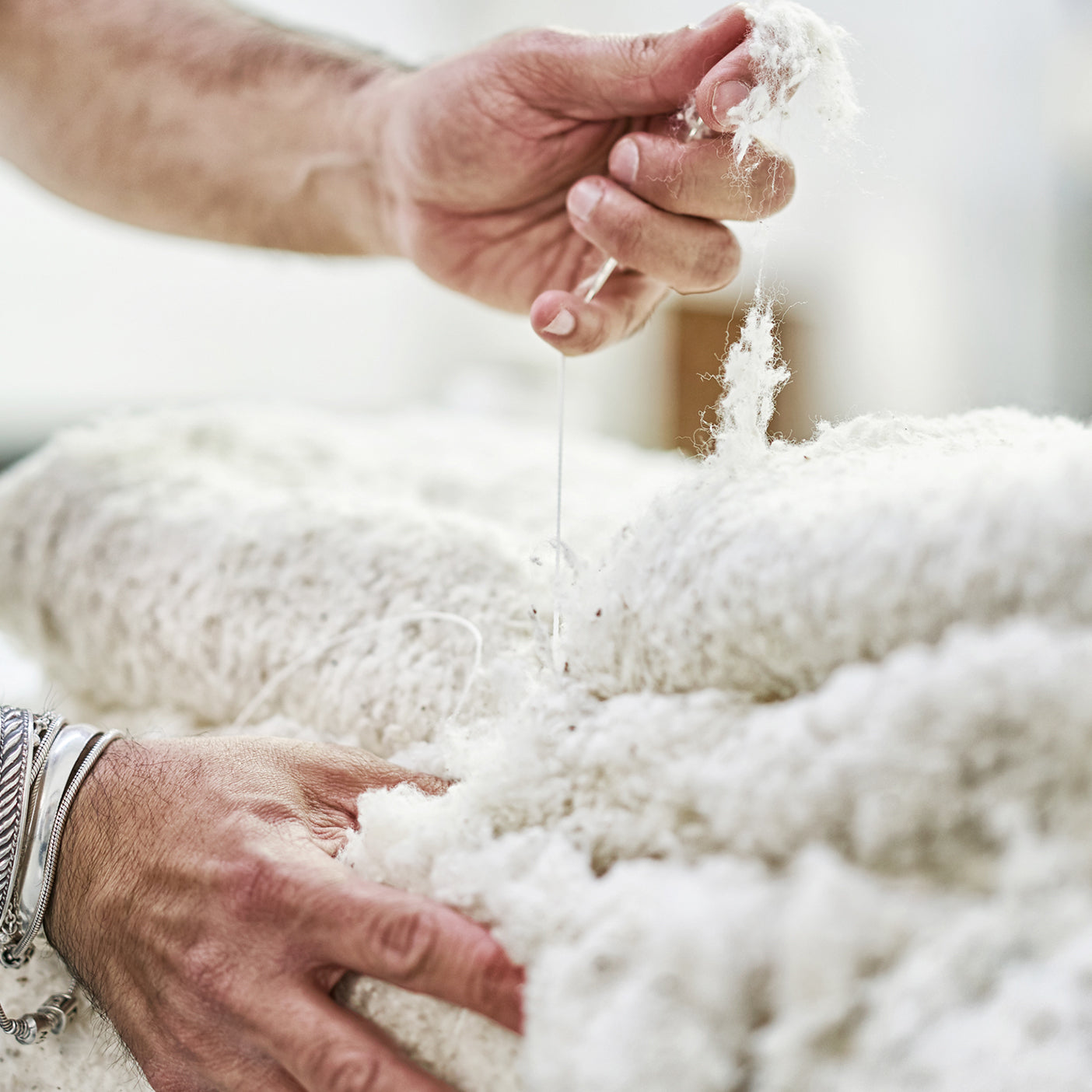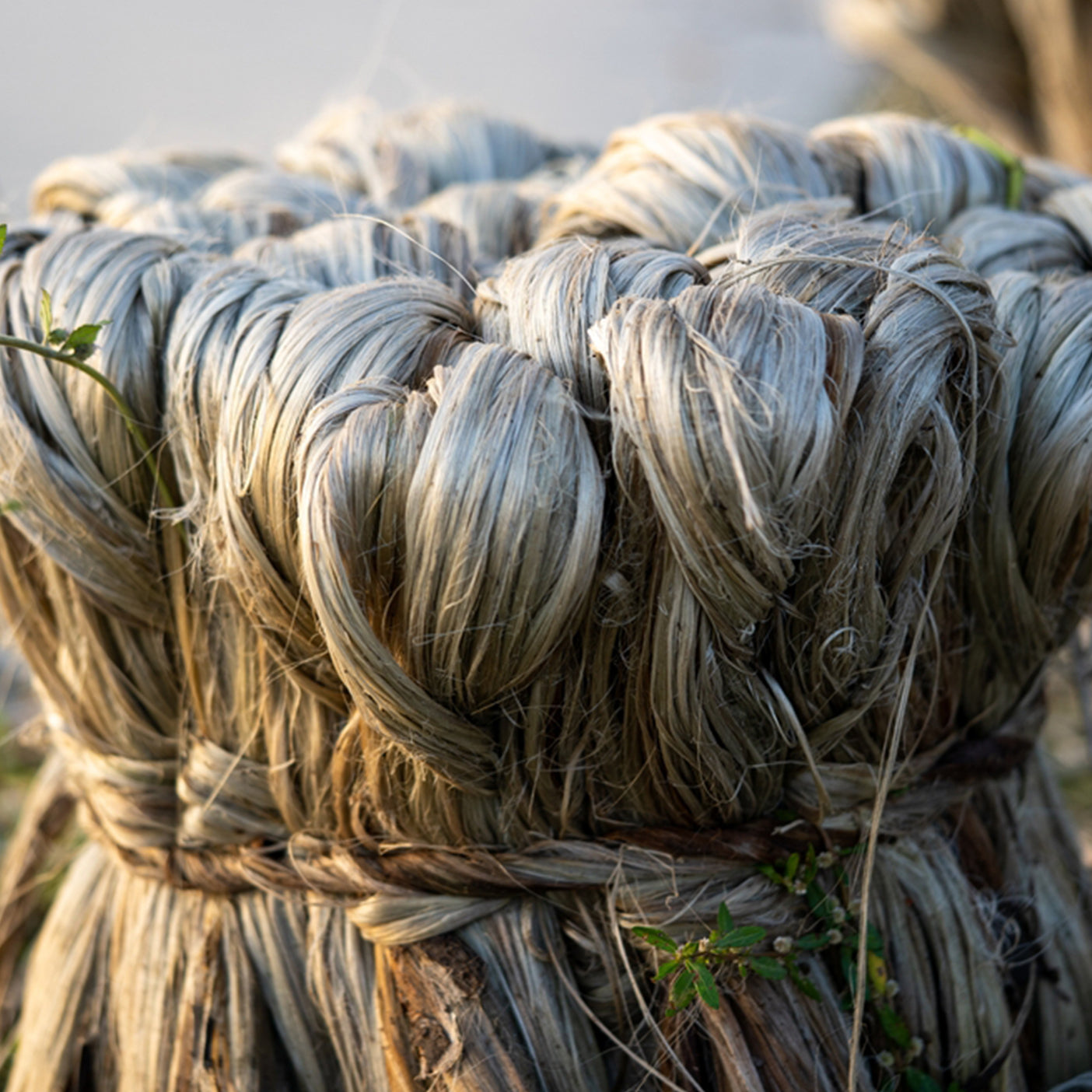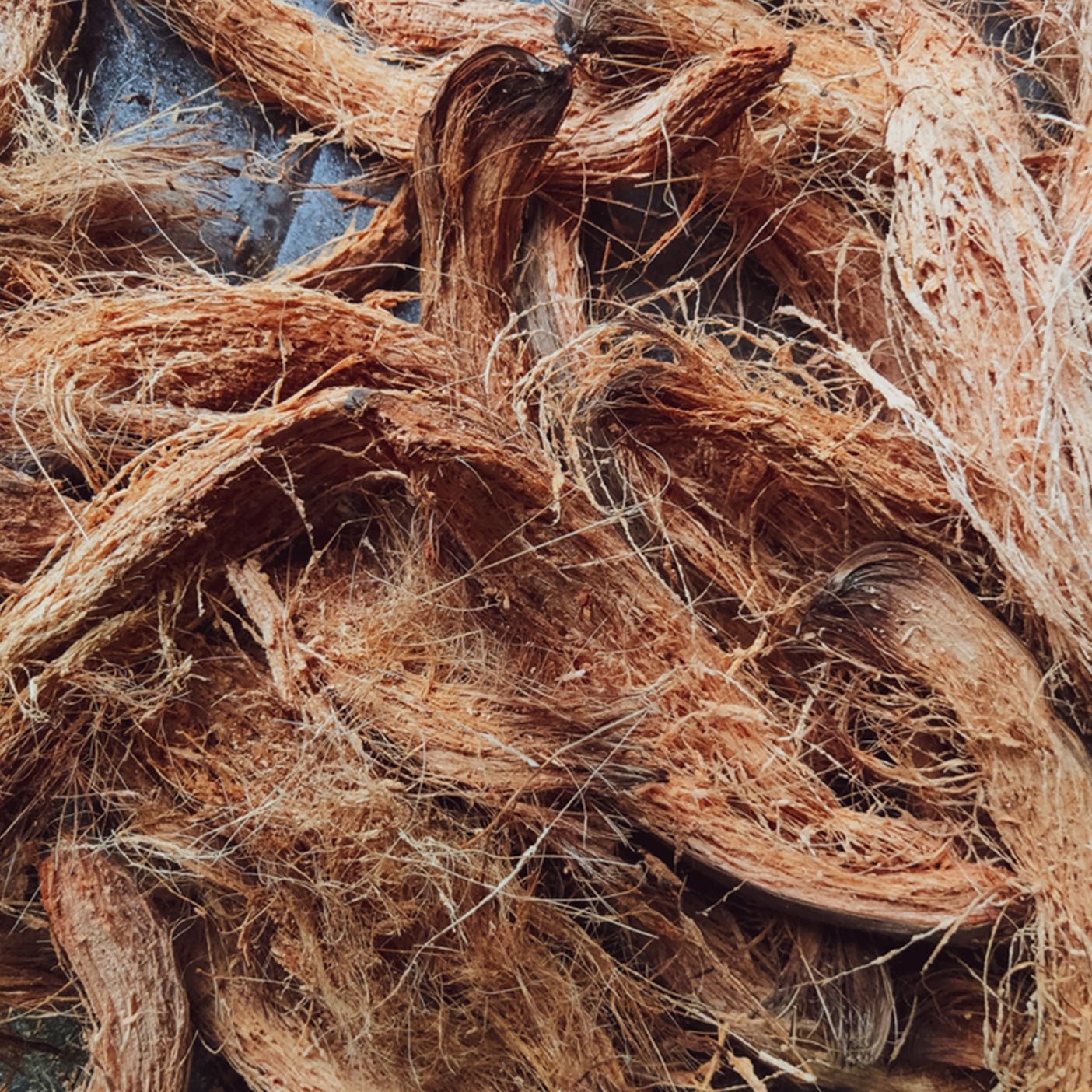Your complete guide to washing your bed sheets.
There really is no better feeling than climbing into a bed made with freshly washed sheets. The washing itself may not be the most fun, but the payoff is worth it!
In this post, we’re giving a breakdown on how to wash your bed sheets properly so you can enjoy that freshly made bed feeling more often, while preserving the longevity of your bedding.
How often should you wash your sheets?
A common question we receive is how often should bed sheets be washed, and the answer depends on how you use your bed/bedding.If you sleep in pajamas and don’t spend time in your bed other than for sleep, you can get away with washing your sheets biweekly.
If you typically don’t sleep in pajamas, or if you spend a lot of time in your bed hanging out, eating, etc., you’re better off washing your bedding weekly.
And if the cold or flu is going around your household, you may even want to consider washing your bedding more often.

How to properly wash your sheets
This article is a general overview on how to wash your sheets, so we recommend checking your specific bedding to see if they have their own washing instructions. Washing instructions vary based on the material, among other factors so, if possible, follow the washing instructions that come with your bedding first.Okay, now let’s get into the nitty gritty on how to properly wash your sheets. We’ll be focusing mostly on cotton bedding, but we’ll include tips for different material types as well.
Step 1: Pre-treat stains
Do a quick scan to see if you have any stains on your bedding, particularly if they’re white or a lighter color, and pre-treat these before washing according to the instructions on your stain remover.
Step 2: Choose your water temperature and detergent
For cotton sheets, we recommend washing your bedding in hot water to better remove stains, dirt, and dust mites.For linen sheets, we recommend washing on the warm cycle to avoid shrinking, and for satin and bamboo, you’re better off sticking to cold water.
Regardless of the material of your sheets, we recommend choosing a mild, natural laundry detergent. Particularly if you have organic bedding, you don’t want to then go and repeatedly add chemicals to your sheets via your detergent.
Before you put your duvet cover in the washer, make sure you have it buttoned or zipped up- this will avoid the rest of the bedding getting caught in the cover and not washing/drying properly.

Step 3: Tumble or Line Dry
When it comes to drying bedsheets, people seem firmly divided into two teams: those who use a dryer and those who line dry.
If you love the fresh, crisp feeling of line drying, then this is a great option that will also help to reduce your energy output. And as an added bonus, the sun can help to lighten and brighten your sheets, which is perfect for white bedding (this may also be a deterrent if you have darker sheets), and it’s gentler on your sheets than the dryer, so it can help to extend the life of your sheets.
If, on the other than, you prefer the softer, tumble-dried feeling of sheets straight from the dryer, or prefer the convenience, then this is the option for you. If you are using a dryer, stick to a low temperature to avoid shrinking your sheets.
Step 4: Iron your sheets (or not!)
Personally, we love the lived-in rumpled look of sheets straight from the dryer, but if you prefer a smoother look, you can iron your cotton sheets before putting them back on your bed. Make sure your sheets are still slightly damp or misted, and use a medium heat to avoid damaging your sheets.Looking for a fresh set of bedding? Shop our collection or organic, fair trade cotton bed sheets.









Leave a comment